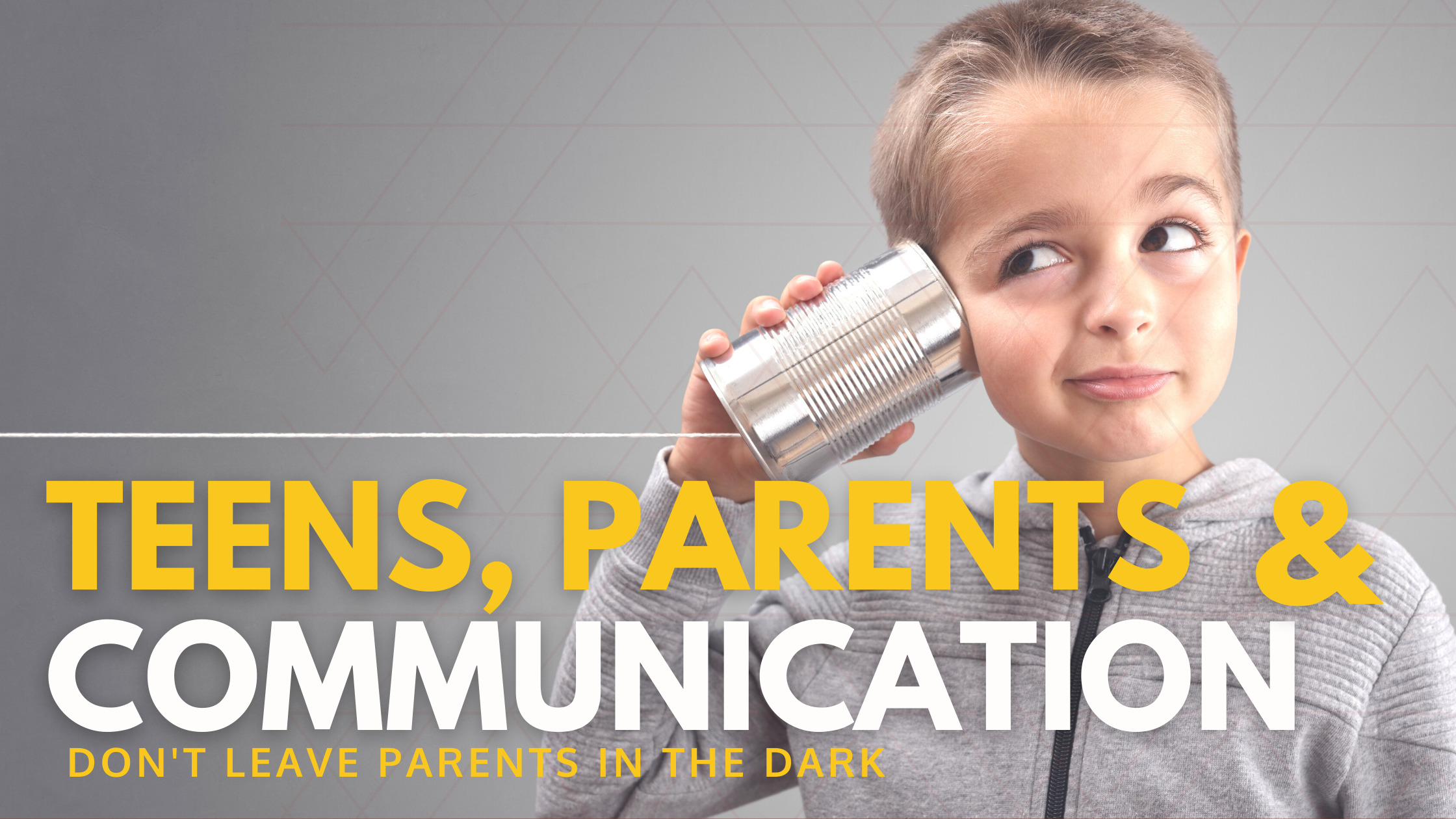Teenagers tend to naturally leave their parents in the dark. Should we do the same as Youth Ministers? And how important is parent communication?
When I was growing up in youth ministry (in the ’90s), my parents were both very involved in my youth programing. My mom was the snack lady and my dad was the mission trip guy. They were not weekly small group leaders, but my friends’ parents were. I know that I loved having meaningful relationships with my friends’ moms and dads. Plus, I think my parents appreciated having other trusted parents in the “know” when it came to what was going on in my life. Because of my upbringing, youth ministry and parents go hand-in-hand for me.
Later in life, when I started in youth ministry, the question that all churches and Youth Ministers were wrestling with was, “Should teens be a Mickey Mouse ear to the church, or do we involve parents and the rest of the church in youth ministry?”
I have known Youth Ministers that have chosen to not have parents as volunteers. I have also known those that only relay information about their program to teens directly.
But I have to ask – we all know that teenagers do not have fully developed brains, right? This is not a secret. So why are we trusting the information that we as leaders share with them is getting back to their parents? We’ve all played telephone before – it always gets botched up at the end!
Parents really are such a vital part of youth ministry and it can be a real miss for youth programs that leave parents in the dark. A popular youth curriculum called “Orange” has a strategy for how they market their youth ministry:
“We believe that two combined influences make a greater impact than just two individual influences. No one has more potential to influence a kid than their parent. The average church only has 40 hours in a given year to influence a life; the average parent has 3,000 hours per year to influence a life.”
You want parents not only to be informed about what’s happening in the youth ministry but also want them to root for you. They may even cheer you on for being such an awesome communicator.
So how should you communicate with parents? As a communications major, my line of thinking is always OVER communicate! Email. Text. Handouts. Social Media. Newsletters. Word of mouth. Phone Calls. Face-to-face gatherings or meetings over coffee.
Need help communicating with parents? Take a look at the impact YMI Coaching can have on your ministry!
They say it takes someone seven different times to hear something before they fully absorb the information. You will still get a handful of youth and parents saying they “didn’t know” or “didn’t hear.” But if you know you have put the information out there multiple times and in multiple ways, you have done your part and can rest your head easy at night.
We, as youth ministers, communicate and let parents into our ministries because we know that we cannot do our jobs well without their support, their relationships, and their knowledge. We are a part of their village helping to influence their teens, not the other way around.
Parents deserve clear and consistent communication from their youth ministers because we are their support system. Consequently, they become ours as well!

Emily Felgenhauer is a graduate of the Youth Ministry Institute and became a certified Youth Minister in 2010. She has been in youth ministry for 14 years between two different churches in the Florida United Methodist Conference. She recently began serving as the Director of Youth Ministry at First United Methodist Church of Lakeland. Emily currently lives in Brandon, FL with her chocolate lab named Cubby.


We Would Love to Hear Your Thoughts